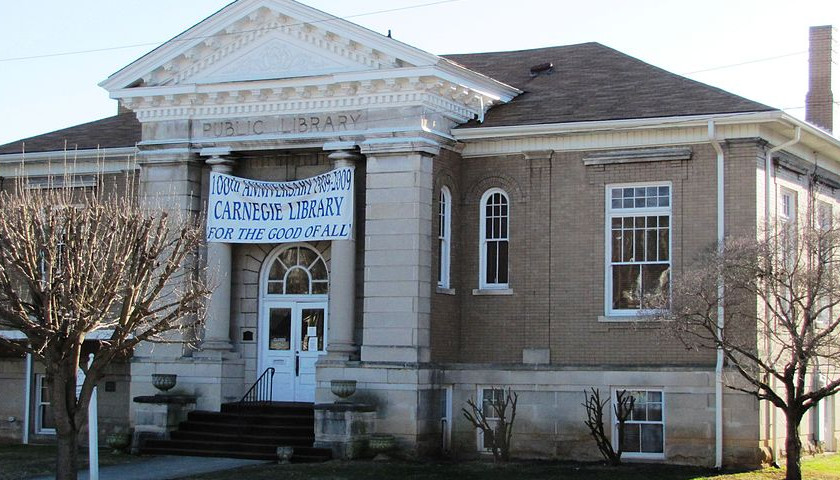Rather than use taxpayer dollars to expand broadband into Tennessee’s rural areas, the people holding the government purse strings are better off giving local libraries enough money to purchase mobile hotspots.
This, according to a new report titled Reviving Rural Tennessee: A Prescription for Rural Resurgence, from the Nashville-based Beacon Center of Tennessee that describes ways to help the state’s rural areas get ahead economically.
Beacon is a free market think tank.
“A far more cost-effective solution to improve adoption and increase access in the short run as private providers continue to slowly expand access across the state is to increase funding to local libraries to purchase mobile hotspots. According to TACIR, at $384 per device, it would cost roughly $1.6 million annually to ensure there is a sufficient number of hotspots statewide,” said report author Ron Shultis, Beacon’s director of Policy and Research.
“Fully funding this effort will complement the educational and digital literacy training efforts already being provided by some libraries. While the TBAA allowed for grant funding to libraries to help accomplish these goals, only roughly $250,000 of the $25 million in funding thus far has been awarded for these purposes.”
In his report, Shultis went on to quote the FCC’s 2019 Broadband Development Report, which said 77 percent of rural Tennesseans have access to 25 Mbps download speed and 3 Mbps upload speed, the most accepted standard for the definition of broadband. This compares to 98.5 percent of Tennesseans in urban areas.
“While in an ideal world, every resident would have access to broadband Internet, it’s important to note that Tennessee is actually in a favorable position ranking 28th nationally overall in terms of total access and 21st in terms of rural access. When looking solely at the Southeast (Tennessee and its bordering states, plus Florida, South Carolina, and Louisiana) Tennessee ranks fifth in terms of overall access and fifth in terms of rural access,” Shultis wrote.
“Closing the gap and bringing service to those nearly one-in-four rural residents still without coverage is not going to happen overnight and is a costly endeavor the state should avoid. In fact, in 2016 the Tennessee Department of Economic and Community Development (ECD) estimated that bringing 25/3 broadband through fiber to the home of all unserved areas would cost between $1.1 and $1.7 billion.”
As The Tennessee Star reported last month, David Williams, president of the Washington, D.C-based Taxpayers Protection Alliance, said government is not better at providing these Internet services versus the private sector.
“Billions of dollars have been spent on taxpayer-funded broadband systems, yet these systems fail at an alarming rate,” Williams said.
“While there may be a limited number of cases where government should ensure rural folks have service, time and money would be better spent in breaking down regulatory barriers for 5G wireless connectivity and whitespaces.”
– – –
Chris Butler is an investigative journalist at The Tennessee Star. Follow Chris on Facebook. Email tips to [email protected].
Photo “Harriman Public Library” by Brian Stansberry. CC BY 3.0.






A voice of reason. What a breath of fresh air.